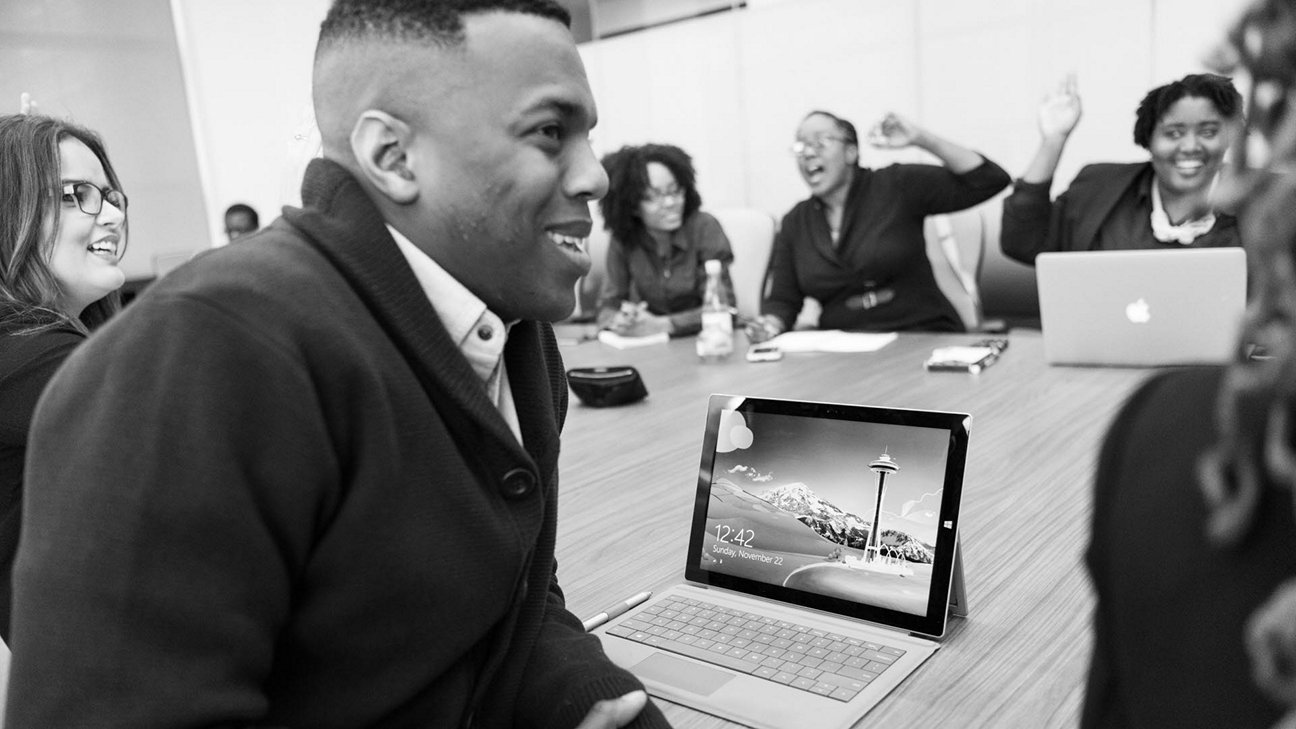Earlier this year, an ongoing conversation between RICS and a number of its black members was rightly accelerated following the death of George Floyd and the spotlight placed on the experiences of black people in society.
This is not the first such conversation RICS has had with the profession about diversity. Over the last few years we have held discussions on the experiences of female and of LGBTQ+ professionals in the industry. RICS has been proud to work alongside partners such as Freehold and the Women of the Future and Asian Women of Achievement network to shine a light on the role models who are paving the way for a more inclusive industry that can inspire and encourage the widest possible talent into the profession.
What may be different about this series of conversations with members about the experiences of black professionals in the industry was that it was deliberately one-sided and, for RICS, very much about listening. Members of the profession spoke, and RICS listened: listened to a group of talented and committed members speak about their personal experiences in this industry as black professionals working in the natural and built environment in the 21st century.
RICS heard how these professionals felt they were being treated differently, and less favourably, in this profession and in this industry because of the colour of their skin.
We heard about professionals arriving for meetings to be met with comments about their ethnicity rather than about their professional abilities.
We heard a strong and consistent view of less access to mentoring, influential networks and high-profile projects that white colleagues.
We heard about glass ceilings on progress and a unanimous view that all felt they were rewarded less than their white colleagues, particularly when it came to bonuses.
We heard from individuals who believed their senior managers gave them fewer opportunities than their white colleagues, other than opportunities to educate their colleagues about diversity and inclusion. We heard that black professionals do not like to be viewed as “BAME” and strongly desire their white colleagues to be part of helping them lead change.
We heard from individuals who felt they could not be their true selves in the workplace and the pressures that flow from that experience.
None of this is acceptable. It runs counter to the values of fairness and merit-based equality of opportunity that RICS holds as central to its identity as a professional body.
The future of this profession, and its ability to thrive and meet the challenges we face in the natural and built environment, depends on developing a diversity of thought, ideas and talent which can only come from a diverse and inclusive profession. We want to see a profession where every individual has an equal opportunity to develop, thrive, contribute and succeed to the fullest extent of their ambition and their ability.
As a result of the conversations, Ayesha Ofori of the Black Property Network, Bola Abisogun OBE of DiverseCity Surveyors, and RICS, will be working together to improve the professional experience and opportunities for black members in the UK. In the Americas we have established a dedicated working group, led by Peter Smith, Chair of our Americas World Regional Board, to help us deliver the positive changes we seek. We will actively seek other individuals, firms and organisations to join and work with us and in doing so help inspire future generations into the industry and this profession.
As first steps, in the UK and US, RICS will:
- work to address the lack of visible black role models in the profession: including by immediately establishing a panel of black professionals willing to contribute to, join and lead articles, seminars, workshops, panels, conferences and school visits. RICS will seek to work with members of this panel at every opportunity to ensure visibility of the talented black individuals we have in this profession.
- begin to champion change starting with gaining a better understanding of the extent of the ethnicity pay gap. RICS will ensure that its next profession salary survey gathers information to throw light on this issue and helps inform next steps. In addition, RICS will itself conduct and publish details of its own ethnicity pay gap alongside its statutory gender pay reporting. RICS will also seek firms prepared to take part in, and publish, this work ahead of any statutory requirements in the UK. For leaders, understanding any issues is key to unlocking and role modelling change.
- launch a reverse mentoring programme so senior leaders of the profession can better understand black professionals, so that black professionals can, in turn, learn from senior figures and gain access to a wider network through their mentors.
These are early steps that RICS is committed to take, listening to and working with black professionals. They are simply a beginning. An international programme of work will be developed building on the work of colleagues across the Americas, and RICS will be reviewing and updating its broader diversity strategy and action plans for the profession later in the year. We will be working with our members to develop these plans.
Achieving meaningful cultural change which addresses the issues faced by black professionals in this industry requires a commitment that needs to last over the next two, five or ten years; and perhaps even longer. RICS is committed to working for as long as it takes but does not accept that small positive improvements cannot be made in a shorter period. We will work together with firms and members of the global profession to identify steps that can be taken which may deliver positive benefits as soon as possible.
We believe we can play our small part in change for the better and, by doing so, benefit our industry and the future of our profession.
We would like to thank all those who were, and remain, willing to meet with our Global CEO Sean Tompkins, our UK & Ireland MD Matt Howell and our Americas MD Neil Shah to educate us on the issues, share insights and lived experiences openly and importantly come together as human beings to start to bring about positive change. That change will happen much quicker if leaders take the time to listen, learn and adapt their business cultures for the future.
- Richard Collins, RICS Executive Director
- To register your interest in becoming part of our panel or participate in reverse mentoring, please contact us here










